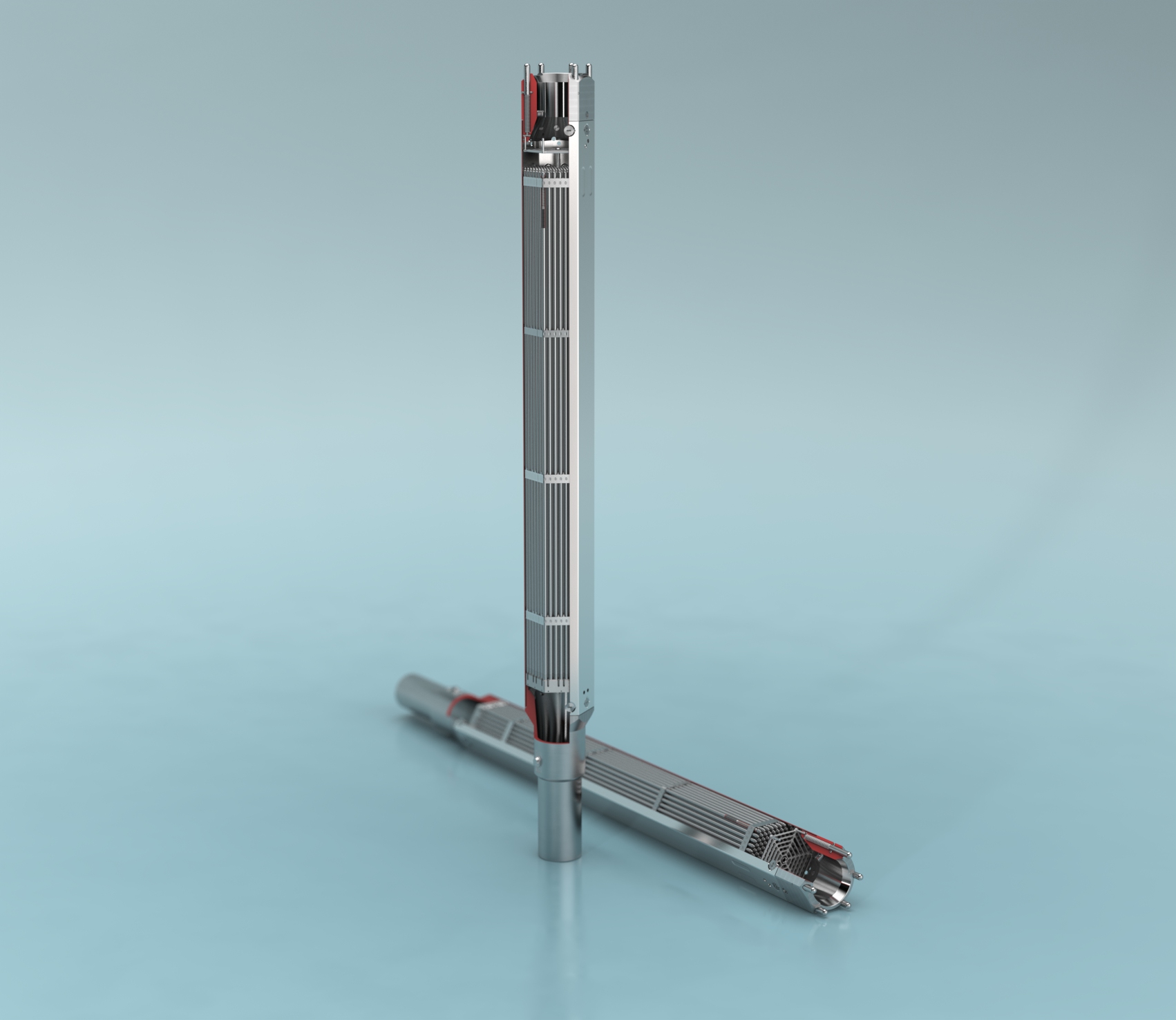Europe Preparing to Abandon Russian Nuclear Fuel

Europe abandons russian nuclear fuel and chooses an alternative such as Westinghouse fuel. This is testified by numerous statements of key persons from European countries and the recently launched APIS Project: Accelerated Programme for Implementation of Secure VVER Fuel Supply.
APIS is aimed at the production and qualification of an advanced nuclear fuel design for European VVER-1000 and VVER-440 NPPs. The European Commission will cover financial expenses under the Horizon Europe Program. One of the important tasks of this Project is to unify approaches to the implementation of this fuel in EU countries and Ukraine in accordance with the highest nuclear safety standards for safe and quick reduction of European countries’ dependence on russian-made nuclear fuel. The implementation of the Project with further development and qualification of computer codes and methodologies for their application will enable supplies of nuclear fuel produced in the EU to VVER reactors on a permanent basis in the future.
The Westinghouse Company leads the Project involving 11 partners. The State Scientific and Technical Center for Nuclear and Radiation Safety (SSTC NRS) will perform work under 7 of the 11 work packages and will lead the work package for studying the impact from implementation of the new-generation fuel for long-term operation of power units. SSTC NRS experts are expected to participate in knowledge dissemination activities.
APIS will ensure the highest nuclear safety standards in the use of alternative fuel for VVER reactors in EU member states and Ukraine, a coordinated approach to licensing of the alternative fuel for VVER reactors, and safety improvement of nuclear fuel supplies for VVER reactors.
As already mentioned, APIS consists of 11 work packages in different areas, including:
• completion of fuel design for VVER-440 for short-term supplies;
• development of upgraded and improved fuel design for VVER-440 and VVER-1000;
• harmonization of fuel licensing approaches;
• completion of the renewal of fuel production capacities;
• improvement of approaches to modeling of nuclear fuel behavior;
• analysis of the impact from implementing fuel of improved design for NPP long-term operation;
• communication and project management.
It should be noted that Ukraine has gained unique experience in fuel diversification for VVER-1000 reactors. Seven VVER-1000 cores have been loaded with Westinghouse fuel. Rivne NPP VVER-440 Units 1 and 2 are next in the line. It is envisaged that the core of Rivne NPP Unit 2 will be loaded with the US fuel already this year.
The Westinghouse Electric Company and Spanish Enusa Company signed an agreement on the cooperation in fuel production for VVER-440 for further Project implementation. Enusa plans to complete the construction of the production line for the new fuel at the plant in Juzbado and obtain a license already this year, which will allow fuel supplies in early 2024.
Westinghouse and Enusa are going to produce fuel at their plants in Westeros (Sweden) and Juzbado (Spain).
The APIS Project is intended to last three years. Over this period, all the necessary documents are to be developed for licensing and loading of the Westinghouse fuel into VVER cores at European NPPs.
Tetiana Verbytska
Head of Public Relations SSTC NRS
tv_verbytska@sstc.ua